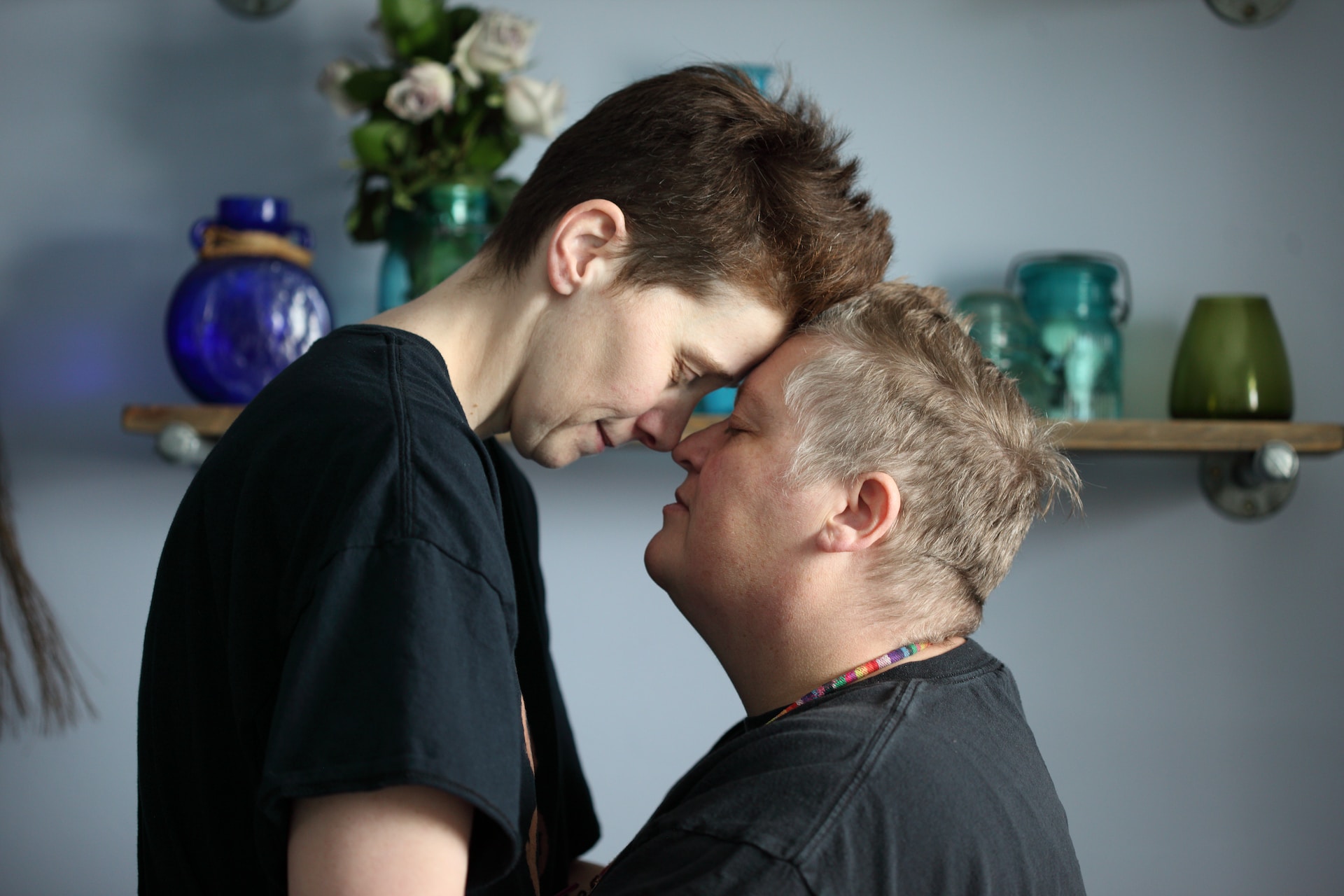Belgium’s Dual Focus: Championing the Green Deal and LGBTIQ+ Rights in Upcoming EU Council Presidency

As Belgium gears up to take the helm of the European Union Council’s presidency from Spain in January, Deputy Prime Minister Petra De Sutter articulates a clear vision: to safeguard the progress of the European Green Deal and bolster LGBTIQ+ rights. In an exclusive interview with Euractiv, De Sutter outlines the critical priorities for Belgium’s influential role in shaping EU policy.
Belgium’s Prioritization of the Green Deal
With environmental concerns pressing on the global conscience, Belgium reaffirms its commitment to the European Green Deal. De Sutter emphasizes the importance of continuity in environmental policy, advocating for the next European Commission to advance rather than deviate from the existing framework.
Confronting the Green Transition Debate
In the face of industry calls for a slower ecological transition, De Sutter warns against delaying tactics. Labeling such hesitation as a “terrible mistake,” she argues for immediate investment, stressing the cost-effectiveness of proactive environmental measures over future damage control.
Integrating Social Equity with Environmental Policy
Underpinning Belgium’s environmental strategy is a firm belief in a parallel social transition. De Sutter champions policies that address inequality, aiming to protect the most vulnerable from bearing a disproportionate burden of climate change’s repercussions.
LGBTIQ+ Rights: A Cross-Policy Imperative
Belgium is set to be a staunch advocate for LGBTIQ+ rights during its presidency, vowing to infuse this commitment across all policy discussions. With rights under threat in various EU member states, De Sutter expresses grave concerns over attempts to undermine these freedoms, pledging to counteract any such regressive measures.

Navigating Challenges Amid Budgetary Constraints
Acknowledging the practical challenges, including budgetary restrictions, Belgium is determined to navigate its presidency with pragmatism. Despite financial limitations and a pared-back agenda of ministerial meetings, De Sutter expresses confidence in Belgium’s capacity to execute a successful presidency.
Conclusion: A Vision of Progressive Leadership
Belgium’s EU Council presidency is poised to be a period of dynamic leadership, with a focus on progressive environmental and social policies. As the country prepares for its 13th presidency, Deputy Prime Minister Petra De Sutter’s vision sets a tone of ambition and advocacy, intent on protecting both the planet and its people.
©equalityvoices.org


